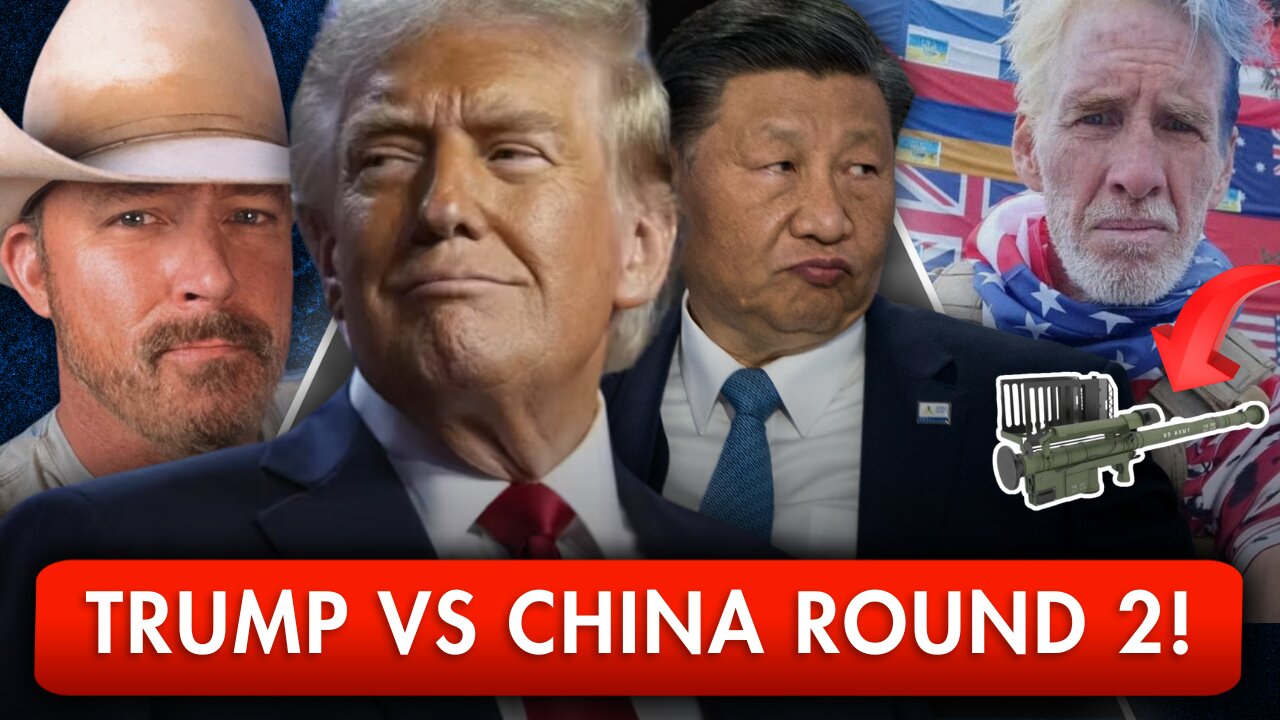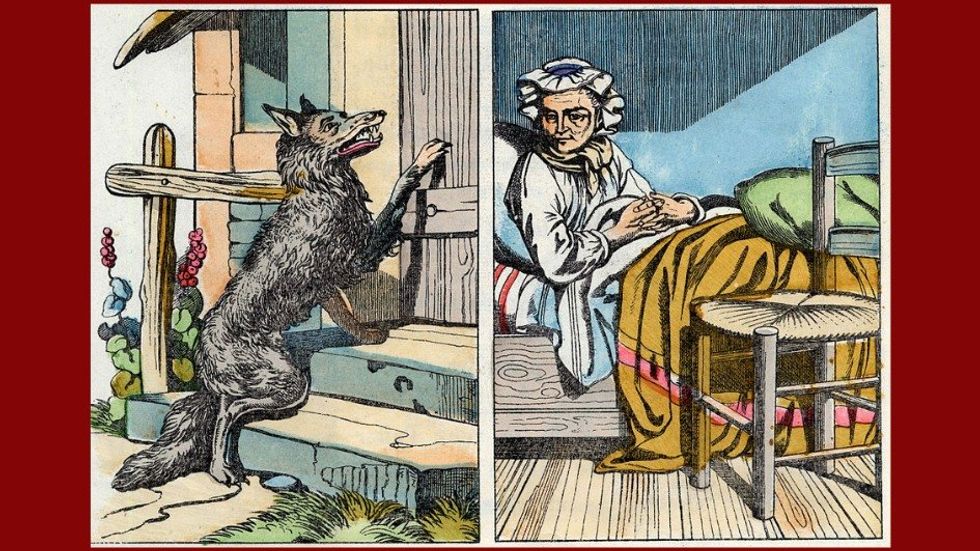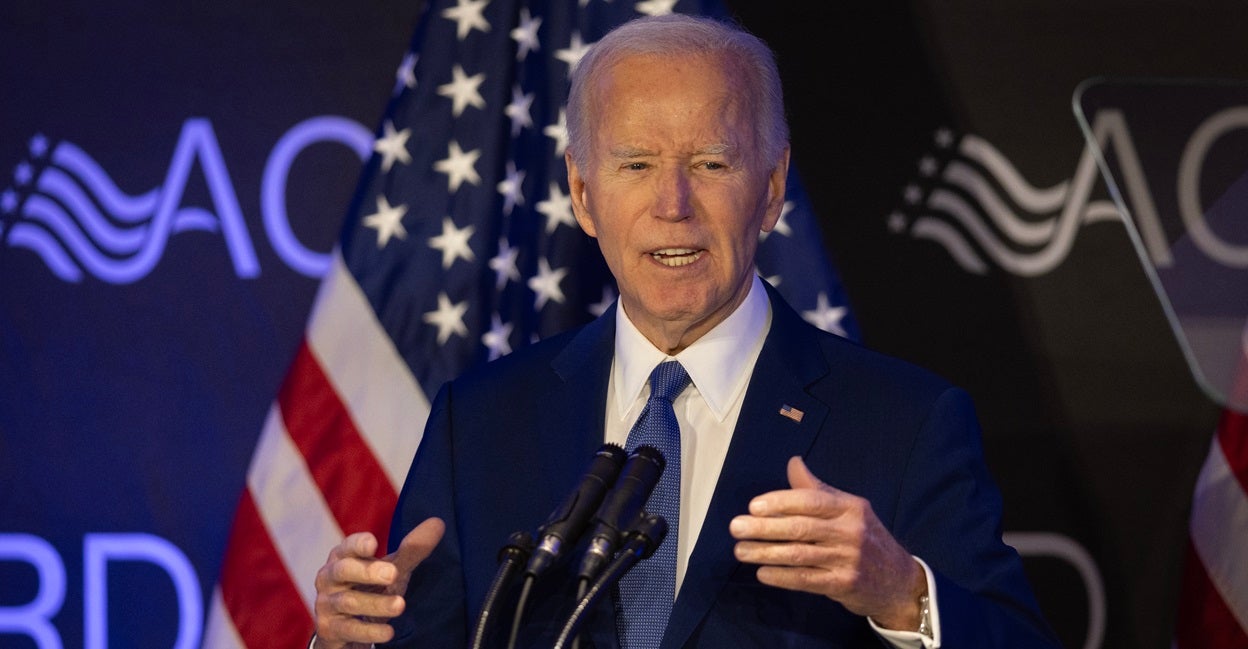Treat the intellectual elites like 18th-century royalty


Years ago, I read a book by the historian Barbara Tuchman called “Bible and Sword: England and Palestine from the Bronze Age to Balfour.” It’s worth a read for anyone wondering about the origins of the present-day conflicts in the Middle East.
Like so many other contemporary catastrophes, the ongoing wars between Israel and Arab nations are products of central planning by self-appointed elites.
While some intellectuals spent the 19th and 20th centuries trying to create the dictatorship of the proletariat in Russia and throughout Eastern Europe, Asia, Africa and South America, others were engaged in “nation-building” in the Middle East.
While communism’s genocides are well documented (to the tune of 100 million-plus dead and millions more imprisoned, tortured and starved), the Middle Eastern experiment has been – until recently, perhaps – less widely discussed. But trying to shape warring, nomadic tribes into “nations” with artificial geographical borders was bound to create havoc. British archeologist and writer T.E. Lawrence (immortalized in the 1962 David Lean film “Lawrence of Arabia”) saw this firsthand when he traveled to Arab lands to help them in their revolt against the Ottoman Empire during World War I.
Furthermore, the 1917 Balfour Declaration was every bit as much a political calculation to benefit Great Britain and France’s war efforts as it was a promise to create a “national homeland” for the world’s Jews in what was then part of the Ottoman Empire. And there was, frankly, limited political will to create or recognize a Jewish state until the Jews of Europe were nearly exterminated during the Holocaust of World War II, and Zionists demanded that Great Britain and France make good on their earlier promise for a Jewish territory in Palestine.
The land that became Israel in 1948 was scrubby, arid and thought to be largely worthless, except as passage to the East for trade. But the displaced Jews from Europe (and, later, the Soviet Union) transformed it into a fertile oasis booming with trade, surprising the European politicians and infuriating Arabs in the region who felt betrayed by their earlier allies. Yet the discovery of oil in the Middle East – particularly in what is now Saudi Arabia – further changed the equation, giving new Arab nations unanticipated leverage over a petroleum-thirsty West that had taken for itself the “right” to partition Arab land into countries of its own design.
It’s easy to look back on the past and conclude that a handful of Machiavellian megalomaniacs planned it all. But neither life nor history works that way. No one could plan or foresee the Jews turning Israel from a desert into prime real estate, Arab nations banding together to control the world’s desperate need for oil, or the rise of Islamic fundamentalism, wiping out the brief burst of economic, political and social progress some of the Arab nations experienced from the 1920s until the 1970s.
Today’s self-appointed elites – policymakers, the professoriate, the media – are to modern man what royalty was to the peasantry for millennia earlier: a relatively small group of people who thought (and think) themselves God-appointed to set the destiny of mankind.
Present-day central planners seek to rule over more than 8 billion people. Only now, instead of justifying empire-building under the guise of “spreading Christianity,” “Manifest Destiny” or “making the world safe for democracy,” they’re importing millions upon millions of people from poor nations to remediate “systemic racism,” produce “decolonization” or challenge the “patriarchy.” In the name of “climate change,” they demand control over agriculture, industry, transportation and finance. Nor are their powers limited to economics; they censor, silence, prosecute and even imprison those who question their motives, their data, their conclusions, their methods.
As with the worst of kings and queens, their aspirations are grounded in ignorance and ego, they brook no disagreement, they exact payback for petty grievances, and they display a callous disregard for the costs paid by the “peasants” – hundreds of millions of them.
And they enjoy the same benefits as their regal predecessors: unwarranted self-aggrandizement, undeserved social status, unearned political and financial capital. To take the metaphor even further, generations of intellectual incest have resulted in deformed and damaged offspring (in this case, ideologies), rendering those who harbor those defective viewpoints unfit to lead.
As was also the case for royalty in earlier centuries, the status of today’s elites is now largely a matter of birth; the income level of one’s natal family will likely determine which prep school one goes to, which highly ranked Ivy League university one will attend, which prestigious Wall Street firm or D.C. political consultancy one will be hired to work for.
Indeed, were it not for the distinctly American phenomenon of entrepreneurial capitalism, the prospect of climbing out of one’s status “assigned at birth” (to use an elitist term from a different context) would be all but impossible at this point.
While the revolutions of the 18th and 19th centuries sought political equality, today’s revolution is against an intellectual elite. Ours is an era when access to information is widespread. In resentful response to the democratization of that access, people and institutions accustomed to controlling it are now using their reputations, influence and power to spread disinformation, censor the truth and punish those who expose it.
The Old Guard has outlived its usefulness. It’s time for them to be deposed.
The intellectual elites of the 21st century should be treated like royalty was in the 18th. They needn’t be beheaded, certainly, but they should be rebelled against and marginalized to largely ceremonial positions where they are viewed as vestiges of the past, a cautionary tale, something to be studied as part of history (and, perhaps, eventually romanticized in streaming TV series).
If certain politicians, academics or journalists reveal themselves to be legitimately beneficial to society, good for them. But any respect or accolades accorded should be individual and earned, rather than institutional and expected.
What's Your Reaction?
 Like
0
Like
0
 Dislike
0
Dislike
0
 Love
0
Love
0
 Funny
0
Funny
0
 Angry
0
Angry
0
 Sad
0
Sad
0
 Wow
0
Wow
0






































































